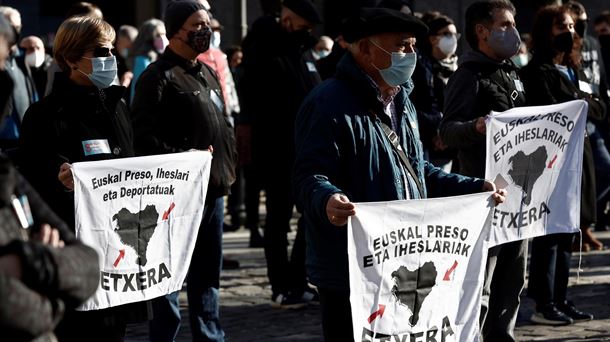The new state parliament will be elected in Vorarlberg on Sunday. In addition to the early closure of the polling stations, there are other – sometimes quite absurd – peculiarities in the state.
In Vorarlberg, the last polling stations close at 1 p.m. – in no other state will the ballot be processed so quickly. But there are also other special features:
- Eligible voters:
A total of 271,882 Vorarlberg residents are eligible to vote in today’s state elections. 455 of them live abroad. The most eligible voters are in Vorarlberg’s most populous city, Dornbirn, with 33,610 men and women. The votes should be counted the fastest in Dünserberg and Warth – here there are only 115 eligible voters.
- Ballot paper:
Unlike National Council elections, the ballot paper is automatically sent along with the election information. Citizens who cast their vote at the polling station can take it with them or receive a new one on the spot.
- Vote by post:
State election law regulates exactly who can cast their vote by mail. Reasons include absence from home, stay abroad or illness. “Sleeping in is just a joke and not valid,” emphasizes Martina Schönherr, head of “Department 1a Home Affairs and Security” in the country house. ‘Walking’, on the other hand, serves as an ‘alibi’ because the amateur athletes are usually absent from the location.
- “Flying electoral authority”:
“The name no longer exists, but the tasks do,” explains Vorarlberg’s main election leader. If a voter who cannot go to the polling station for health reasons requests a visit to the special electoral authority, the polling officers will come to their home. Every municipality must allow this form of voting. However, the application must be received no later than Friday afternoon.
- alcohol bar:
There will most likely be quite a celebration before the polls close in Lustenau. The largest folk festival in Vorarlberg, the “Luschnouar Kilbi”, takes place there. Mayor Kurt Fischer has probably found enough election workers by now. “Since I am from Lustenau myself, I will sympathize with them,” says Martina Schönherr. Because it is not the first time that “Kilbi” coincides with elections, she assumes that the elections in Austria’s largest market town will go smoothly. “Many, many years ago there was a paragraph in the electoral law that prohibited the serving of alcoholic beverages at polling stations,” says the lawyer. But that was a long time ago. And even if drunk voters are allowed to cast their ballots – as long as they don’t cause riots and disrupt the voting process – Schönherr recommends perhaps doing the cruise before going shopping in the morning.
- election results:
The first major trends should be visible as early as 2 p.m., an hour after the polling stations close. A preliminary final result is expected between 6:00 PM and 7:00 PM. It will probably take until Tuesday before the preferential votes are counted and it is clear who will be in the state parliament.
Source: Krone
I am Ida Scott, a journalist and content author with a passion for uncovering the truth. I have been writing professionally for Today Times Live since 2020 and specialize in political news. My career began when I was just 17; I had already developed a knack for research and an eye for detail which made me stand out from my peers.



